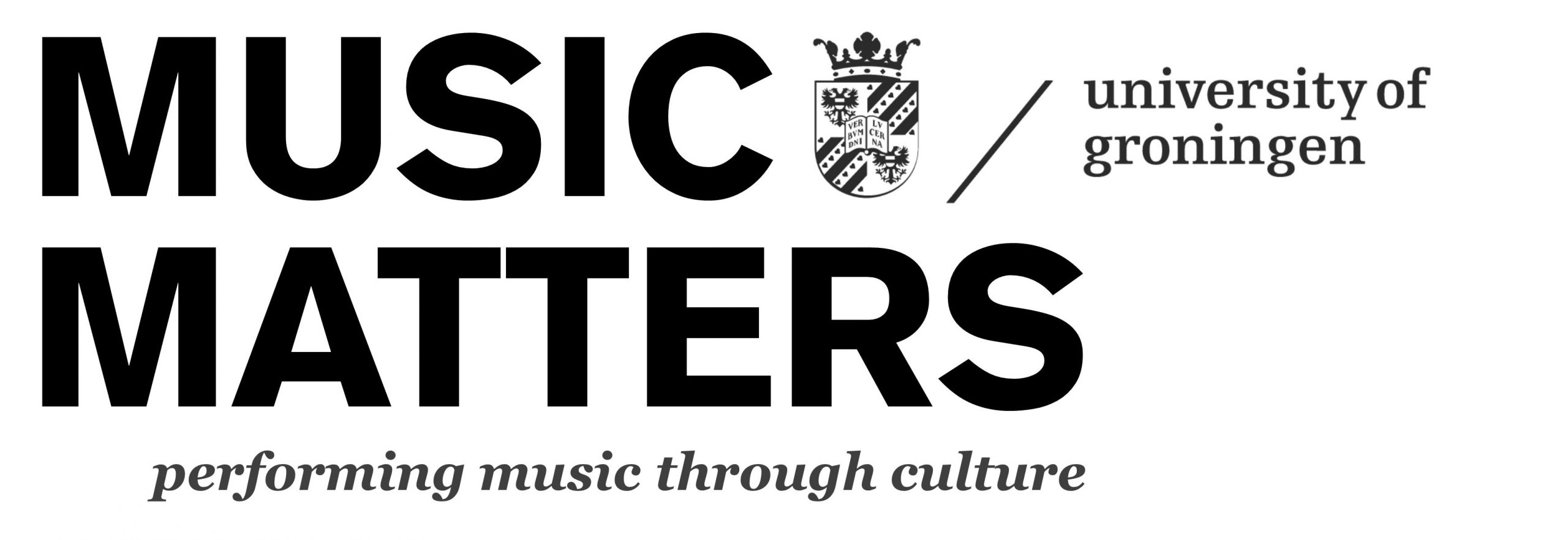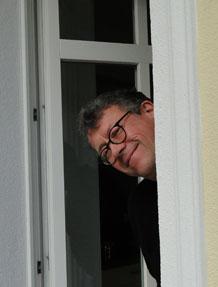The Department of Arts, Culture and Media together with the Department of Theology, Religious Studies and Jewish Studies is proud to host a presentation and workshop by Professor Dr. Philip V. Bohlman (University of Chicago, Hochschule für Musik, Theater und Medien Hannover) on the theme of “Jewish Music and Its Others.”
Lecture: Jewish Music and Its Others
When: Tuesday, May 10th, 2016
Time: 17:00-18:00
Where: Arts, Culture and Media, Oude Boteringstraat 34, room 002
Jewish Music and its Others
The various disciplines dedicated to Jewish music studies are united by a primary concern: the conviction that Jewish music can be identified and described, formed into repertories and practices, and recognized as a sonic essence. The object, Jewish music, is the singular focus of Jewish music studies, whose disciplinary boundaries are erected in such ways to exclude any other musical and sonic phenomena that are not reducible to some essence of Jewishness. Though some Jewish music scholars build disciplinary alliances with twenty-first-century religious studies and sister disciplines in the humanities and social sciences, others retreat behind the walls of institutions predicated on the belief that the objective study of Jewish music remains unassailable.
We witness a different story when we turn to Jewish music studies in the past, not least the early formation of the field in Europe, the Yishuv and Israel, and North America. At many moments of modern disciplinary history, it was the move beyond Jewish music to encounter and engage with its Others that that led to recognition of the ways in which musical practice was critical to the formation of complex subject positions. Recognition of the presence of non-Jewish music proved to be equally as critical to understanding Jewish subjectivities in the twentieth century. The research of Robert Lachmann – in North Africa, the Mediterranean, and the Levant – led him to the contact zones between the Jewish and the non-Jewish, and it was the encounter with the music of Mediterranean Others that led to his groundbreaking studies of Jewish music on Djerba and in Jerusalem, which became paradigmatic for modern Jewish music studies.
In my presentation at the University of Groningen I shall illustrate the critical importance of non-Jewish music to Jewish music studies with several case studies from my own ongoing research. I shall draw especially from a current project in disciplinary and intellectual history, “Jüdische Musikforschung in Berlin 1900–1950,” and from my work as the Artistic Director of the cabaret, New Budapest Orpheum Society, which dedicates itself to the performance and recording of Jewish cabaret traditions. In both cases, I explore the ways in which non-Jewish music influences Jewish musical thought and practice, not as binaries between Self and Other, rather as more complex and expansive ways of understanding modern Jewish history as a part of modern history, locally and globally. In the course of my Groningen presentation, I shall make a case for redeploying the disciplinary boundaries between Jewish music and its Others as critical to the study of music in modern religious and musicological studies.
Philip V. Bohlman is the the Ludwig Rosenberger Distinguished Service Professor of Music and the Humanities at the University of Chicago and a visiting professor at the Hochschule für Musik und Theater (Hannover). At Chicago, Bohlman is on the resource faculty of the Germanic Studies Department, the Mary Marty Center for the Advanced Study of Religion, the Center for Jewish Studies, the Center for European and Russian/Eurasian Studies, the Divinity School, and the Scherer Center for the Study of American Culture. Bohlman has held guest professorships at numerous universities, including the University of California, Berkeley, the University of Freiburg, the University of Vienna, and Yale University, among others. Bohlman received his doctorate from the University of Illinois in 1984 and has been teaching at Chicago since 1987.
Bohlman’s research has been funded by the Alexander von Humboldt Foundation and often includes fieldwork in Kolkata and Varanasi, India, and throughout Germany, with current fieldwork in India and the Muslim communities of Europe. Bohlman’s research focuses on Jewish music and modernity. Bohlman also frequently engages in intensive studies of the Eurovision Song Contest.
Bohlman is also the Artistic Director of “The New Budapest Orpheum Society” at the University of Chicago. In conjunction with his work with that group, Oxford University bestowed the 2009 Donald Tovey Prize on Bohlman and Christine Wilkie Bohlman. Bohlman was inducted into the American Academy of Arts and Sciences as a fellow in 2011, and into the British Academy as a corresponding fellow in 2007. In 1997, he was the first ethnomusicologist to receive the Edward J. Dent Medal from the Royal Musical Association, and also received the Berlin Prize from the American Academy in Berlin in 2003, the Derek Allen Prize from the British Academy in 2007, and a Faculty Award for Excellence in Graduate Teaching from the University of Chicago in 1999. Bohlman served as the president of the Society for Ethnomusicology from 2005-2007. In 2014 the University of Kassel awarded him the Rosenzweig professorship.

